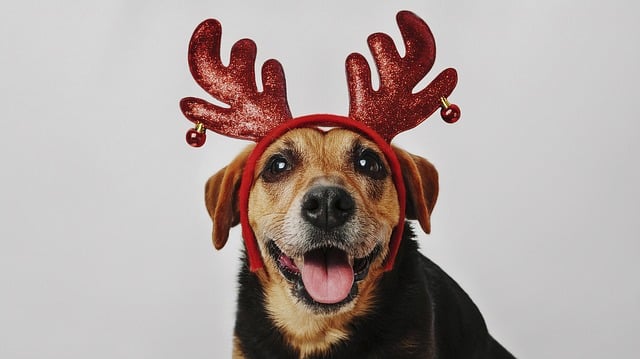
How do i train my dog to be obedient?
Watching your dog dart across the park ignoring your calls isn’t just frustrating—it can put them at risk near busy streets or public spaces.
Finding your favorite shoes reduced to shreds or a couch cushion turned into a sea of stuffing is enough to make any dog owner’s blood boil. But before you reach for a scolding, it’s crucial to understand that punishment isn’t the answer—at least not in the way you might think. Dogs don’t chew out of spite; they do it out of boredom, anxiety, teething pain, or simple curiosity. Redirecting that behavior requires empathy and patience, not anger.
First, resist the urge to yell or physically discipline your dog. Hitting, pushing, or shouting can create fear and anxiety, damaging the trust you’ve built. In many regions, aggressive handling of pets violates animal welfare laws, and even if it’s legal, it’s ineffective in the long run. Dogs struggle to connect your outburst with their earlier chewing—they’ll just associate you with stress, potentially worsening the problem.
Instead, focus on prevention. Keep tempting items out of reach: stash shoes in closets, secure electrical cords, and use baby gates to block off hazardous areas. Provide plenty of appropriate chew toys, rotating them regularly to keep things interesting. Kongs filled with frozen peanut butter (xylitol-free, of course), rubber chew bones, and puzzle toys engage your dog’s mind and satisfy their urge to gnaw.
 When you catch your dog in the act, use a firm “no” or make a startling noise like clapping your hands. The goal isn’t to scare them but to interrupt the behavior. Immediately replace the forbidden item with an acceptable toy, praising them when they switch their attention. Positive reinforcement works wonders—dogs thrive on approval, and rewarding good choices helps them learn faster than punishment ever could.
When you catch your dog in the act, use a firm “no” or make a startling noise like clapping your hands. The goal isn’t to scare them but to interrupt the behavior. Immediately replace the forbidden item with an acceptable toy, praising them when they switch their attention. Positive reinforcement works wonders—dogs thrive on approval, and rewarding good choices helps them learn faster than punishment ever could.
For dogs chewing due to separation anxiety, the solution lies in building confidence. Gradually desensitize them to your absence by leaving for short periods and increasing the time as they relax. Leave a radio or TV on for background noise, and consider using pheromone diffusers like Adaptil, which mimic calming scents. Never punish your dog upon returning home, even if they’ve caused destruction; they’ll only associate your departure with fear, worsening the anxiety.
Puppies, especially, need extra guidance during teething. Soak washcloths in water and freeze them for a soothing chew, or invest in soft rubber teething toys. Avoid giving them old shoes or clothes, as it blurs the line between acceptable and off-limits items. And remember, puppies have short attention spans—frequent play sessions and training breaks help redirect their energy.
In some cases, chewing may signal an underlying health issue. Sudden, excessive chewing could indicate dental pain, digestive problems, or cognitive decline in older dogs. If behavior changes accompany the chewing, schedule a vet visit promptly. Your vet can rule out medical causes and offer tailored advice, ensuring your dog’s well-being remains a top priority.
Navigating your dog’s chewing phase tests your patience, but it’s also an opportunity to strengthen your bond. By understanding the root cause and using positive, legal methods, you’ll teach your dog appropriate behavior while maintaining a loving, trusting relationship. After all, a well-behaved dog isn’t born—they’re guided with kindness, consistency, and a whole lot of squeaky toys.

Watching your dog dart across the park ignoring your calls isn’t just frustrating—it can put them at risk near busy streets or public spaces.

New puppy owners often find themselves rushing to clean up accidents before they set in, and that’s where puppy pad training becomes a game-changer.

If you've noticed your dog's waistline disappearing and your veterinarian has mentioned those few extra pounds, your first instinct might be to simply reduce the amount of food in their bowl.

Training a dog to use a designated spot indoors isn’t as daunting as many new owners fear, but it does take consistency and an understanding of your pet’s needs.

That moment of dread on a walk is all too familiar for many new dog owners. You see another dog approaching down the sidewalk of your neighborhood

If the sight of another dog on your neighborhood walk makes your heart sink as your own dog erupts into a frenzy of barking and lunging, you're not alone.